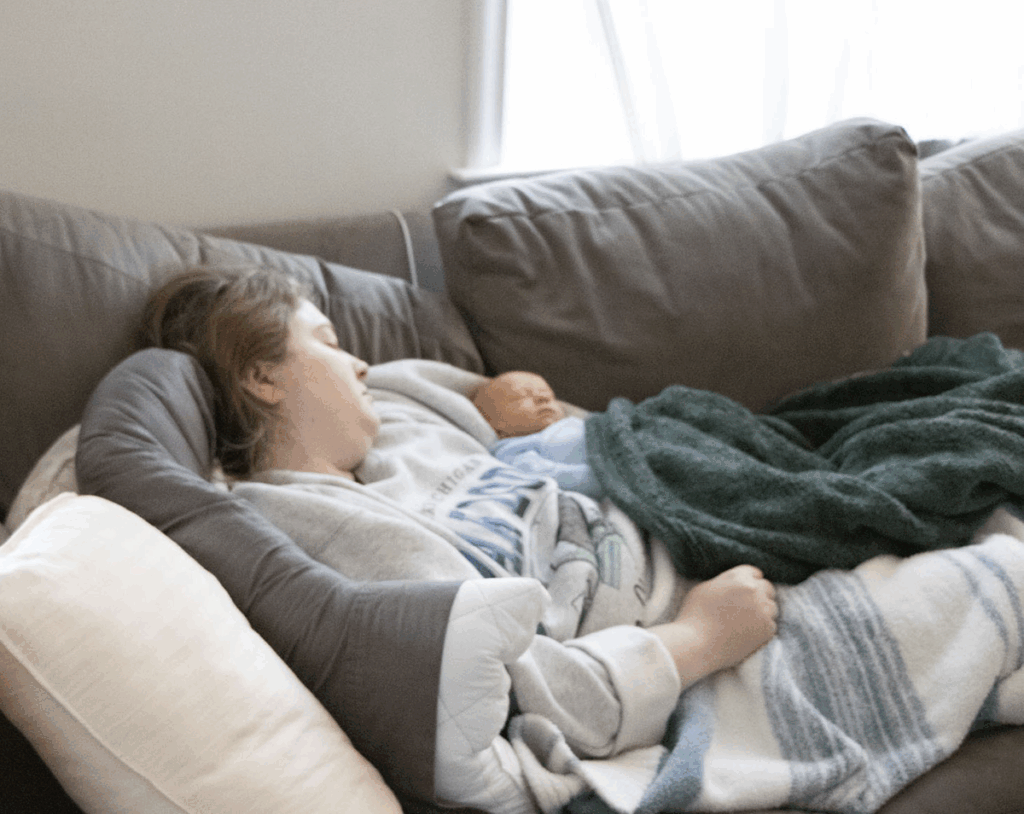By Melissa Hicks, our Blue White Zone Live Happy writer
It’s that weekend again in Happy Valley. Clocks “fall back” this Sunday, November 2nd at 2:00 a.m., marking the end of daylight-saving time for 2025. That extra hour of rest might feel like a win, but anyone dealing with the time change knows the disruption can be real. Whether you’re a student at Penn State, a parent juggling busy routines, or a retiree savoring autumn, this transition is a chance to rethink your daily rhythms.
Around State College, Blue-White Zone habits are taking hold. Small, healthy routines shaped by campus spirit are starting to set a local example for wellbeing. Prioritizing sleep is at the heart of these choices. The time change is a timely reminder that good routines build strong communities.

Why One Hour Matters
Your body has an internal clock called the circadian rhythm. It is surprisingly sensitive to light, timing, and consistency. Adjusting your clocks by one hour throws off this system and asks your body to behave as if you have traveled to a new time zone.
Science shows the Monday after a time shift brings more heart attacks, work injuries, and traffic accidents. Memory and focus dip, mood changes, and appetite shifts. Students may feel groggier. Parents notice grumpier mornings. Older adults, whose sleep is often lighter, may take even longer to adjust.
The Silver Lining: More Morning Light
There is a bright side for Happy Valley mornings. Natural light in the earlier morning is a powerful tool to get your sleep back on track. Sleep researchers recommend getting outside within an hour of waking. Sunlight suppresses melatonin and boosts alertness hormones, setting up your day for better energy and focus. Whether you start early on campus, at work, or take a walk in the neighborhood, those sunlit mornings are a science-backed way to support healthy sleep.
Penn State Sleep Science
Penn State is a leader in sleep research. Dr. Soomi Lee and her team at University Park have identified sleep patterns that truly matter for health. Their studies show that adults with insomnia face greater risk for heart disease, diabetes, and depression. This highlights how nightly habits influence a lifetime of wellness.
Other researchers at Penn State’s Sleep Research and Treatment Center and Dr. Orfeu Buxton’s Sleep, Health & Society Collaboratory are tackling questions about sleep apnea, insomnia, and pediatric sleep. They focus on how lack of sleep affects heart health, mood, and cognition. Using wearable technology and large community studies, their work helps transform science into practical solutions for State College families.
Your Practical Toolkit
Penn State experts and health leaders suggest several strategies for the time change:
- Start now: Gradually shift your bedtime 10–15 minutes earlier in the days leading up to the change.
- Prioritize morning light: Spend 10–15 minutes outside soon after getting up.
- Maintain consistent wake times: Try not to sleep in excessively even if the clock says you gained an hour.
- Dim for evening: Lower lights and \ limit screen use before bed as darkness comes sooner.
- Rethink caffeine and meals: Avoid caffeine 8–10 hours before bed; finish eating at least three hours before sleep.
- Move in daylight: Stay active early to reinforce your sleep-wake cycle.
Sleep as a Blue-White Zone Essential
Good sleep helps everyone in Happy Valley thrive. Well-rested people are more patient, focused, and resilient at home, in class, and at work. The simple, science-backed habits of the Blue-White Zone accumulate for a healthier campus and community.
This fall, use the time change as a cue for self-care that lasts beyond a single weekend. Sleep is not wasted time. It is the foundation for everything you want to accomplish as part of our Happy Valley community.
Sidebar Resources
Local Sleep Resources in State College & Centre County
- Mount Nittany Health Sleep Medicine – Comprehensive sleep disorder treatment in State College with in-lab and home sleep studies for all ages. Call 814-231-7277 or visit mountnittany.org
- University Health Services – Penn State students can access sleep consultations and the “Got Sleep?” peer educator program. Call 814-865-4847 or visit studentaffairs.psu.edu/health
- Penn State Health Promotion & Wellness – Free wellness services including sleep workshops and one-on-one sessions with trained peer educators. Call 814-863-0461 or
- Psychology Today State College – Directory of local mental health professionals specializing in Cognitive-Behavioral Therapy for Insomnia (CBT-I) and sleep-related concerns. Visit https://www.psychologytoday.com/us/therapists/pa/state-college?category=sleep-or-insomnia
- Centre County Mental Health Services – Mental health support addressing sleep problems connected to stress, anxiety, and depression. Call 814-355-6786
- 24/7 Crisis Support – Available anytime for mental health crises affecting sleep or overall wellbeing. Call 1-800-643-5432 or text “LIONS” to 741741

